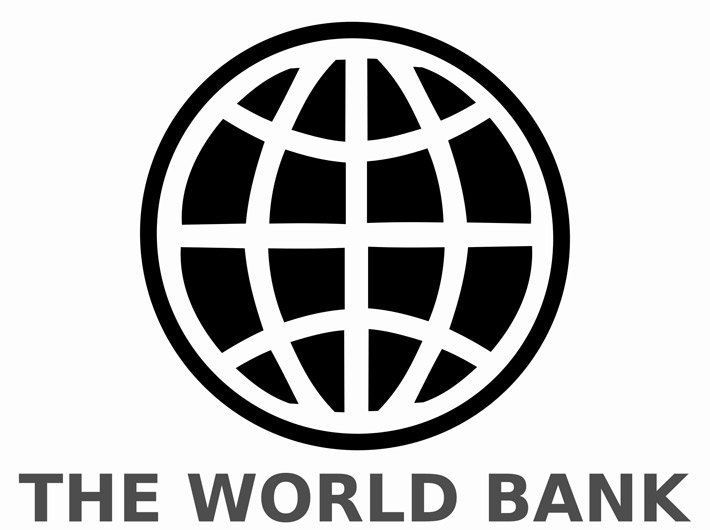The increase in inequality in India has been muted and began in the second half of the 2000s
India is by far the country with the largest number of people living under the international $1.90 a day poverty line, 224 million, more than 2.5 times as many as the 86 million in Nigeria, which has the second-largest population of the poor worldwide. Thus, Sub-Saharan Africa has one in two of the poor worldwide, while India accounts for one in three, said a new World Bank study on poverty and shared prosperity.
In Sub-Saharan Africa, children are much more likely than adults to be living on less than $1.90 a day, and almost half of all the poor on the subcontinent are 14 years of age or younger. The region also contributes the most to global child poverty: 52 percent of the extremely poor children worldwide live in Sub-Saharan Africa. Among countries, the largest contributor is India, where 30 percent of the world’s poorest children live, the study said.
In Argentina and China, inequality widened appreciably until the early 2000s, while the rise in Indonesia began around the same time. The increase in inequality in India has been more muted and began in the second half of the 2000s. In contrast, during the 2000s, inequality narrowed sharply in Argentina and in some other Latin American countries.
The study said that extreme poverty worldwide continues to fall despite the lethargic state of the global economy. But it warns that given projected growth trends, reducing high inequality may be a necessary component to reaching the world’s goal of ending extreme poverty by 2030.
According to the inaugural edition of Poverty and Shared Prosperity—a new series that will report on the latest and most accurate estimates and trends in global poverty and shared prosperity annually—nearly 800 million people lived on less than $1.90 a day in 2013. That is around 100 million fewer extremely poor people than in 2012. Progress on extreme poverty was driven mainly by East Asia and Pacific, especially China and Indonesia, and by India. Half of the world’s extreme poor now live in Sub-Saharan Africa, and another third live in South Asia.
In 60 out of the 83 countries covered by the new report to track shared prosperity, average incomes went up for people living in the bottom 40 percent of their countries between 2008 and 2013, despite the financial crisis. Importantly, these countries represent 67 percent of the world’s population.
“It’s remarkable that countries have continued to reduce poverty and boost shared prosperity at a time when the global economy is underperforming—but still far too many people live with far too little,” said World Bank Group President Jim Yong Kim.
“Unless we can resume faster global growth and reduce inequality, we risk missing our World Bank target of ending extreme poverty by 2030. The message is clear: to end poverty, we must make growth work for the poorest, and one of the surest ways to do that is to reduce high inequality, especially in those countries where many poor people live.”
The study went on to say that contrary to popular belief, inequality between all people in the world has declined consistently since 1990. And even within-country inequality has been falling in many places since 2008—for every country that saw a substantial increase in inequality during this time period, two others saw a similar decrease. Inequality is still far too high, however, and important concerns remain around the concentration of wealth among those at the top of the income distribution.
Noting “no room for complacency”, the reports finds that in 34 of 83 countries monitored, income gaps widened as incomes grew faster among the wealthiest 60 percent of people than among the bottom 40. And in 23 countries, the bottom 40 saw their incomes actually decline during these years: not just relative to wealthier members of society, but in absolute terms.
Read the full World Bank Report 2016
